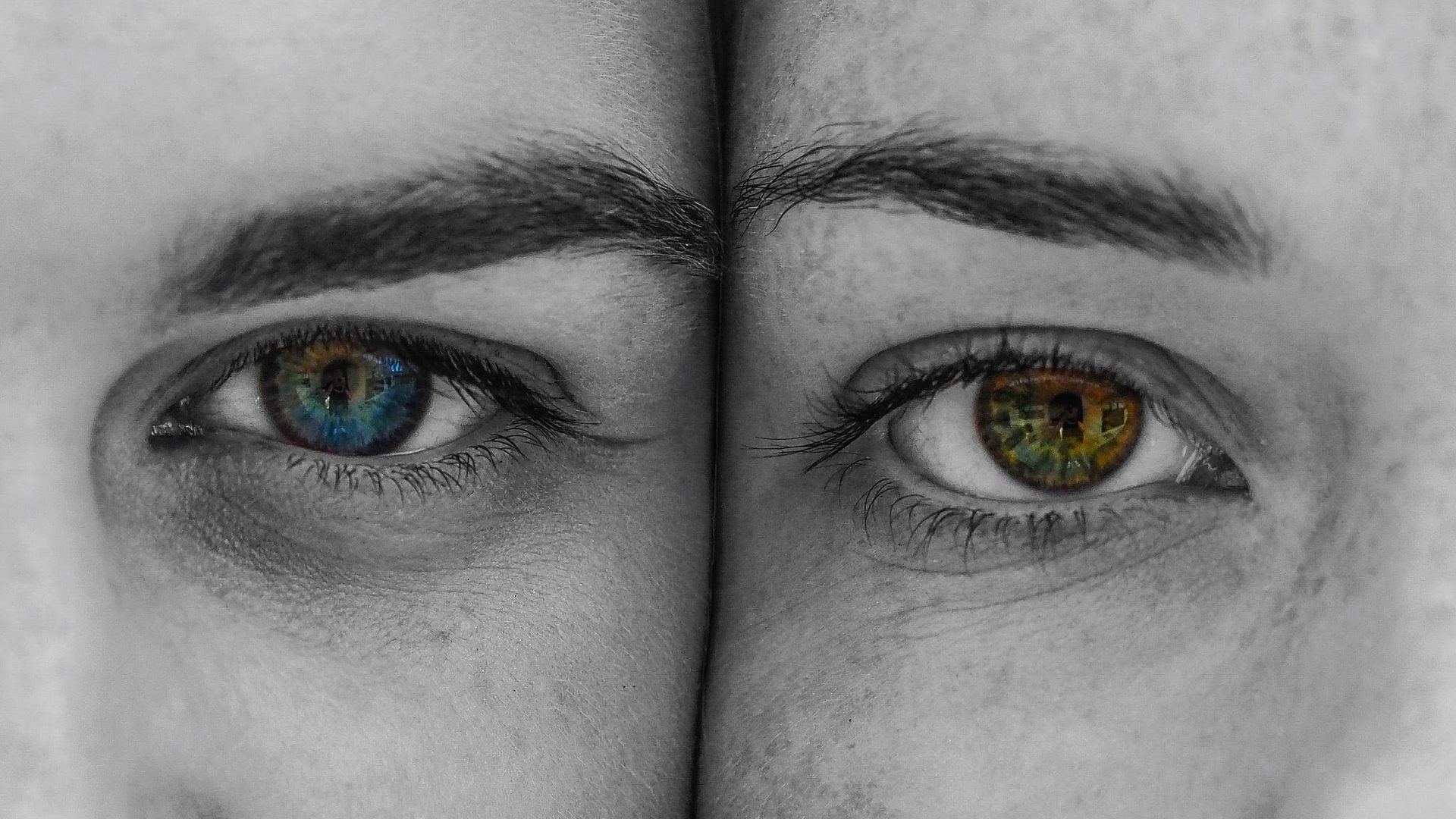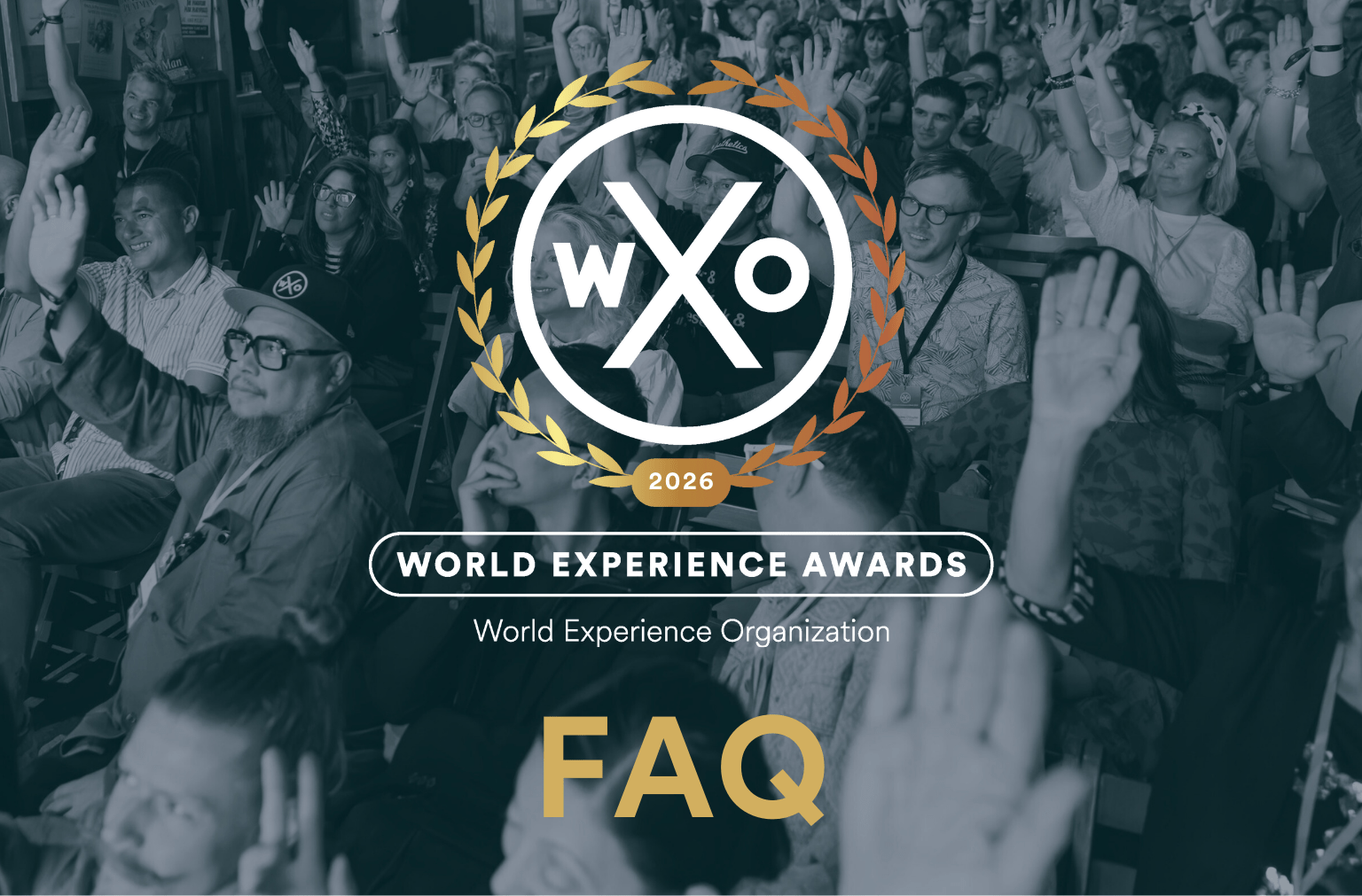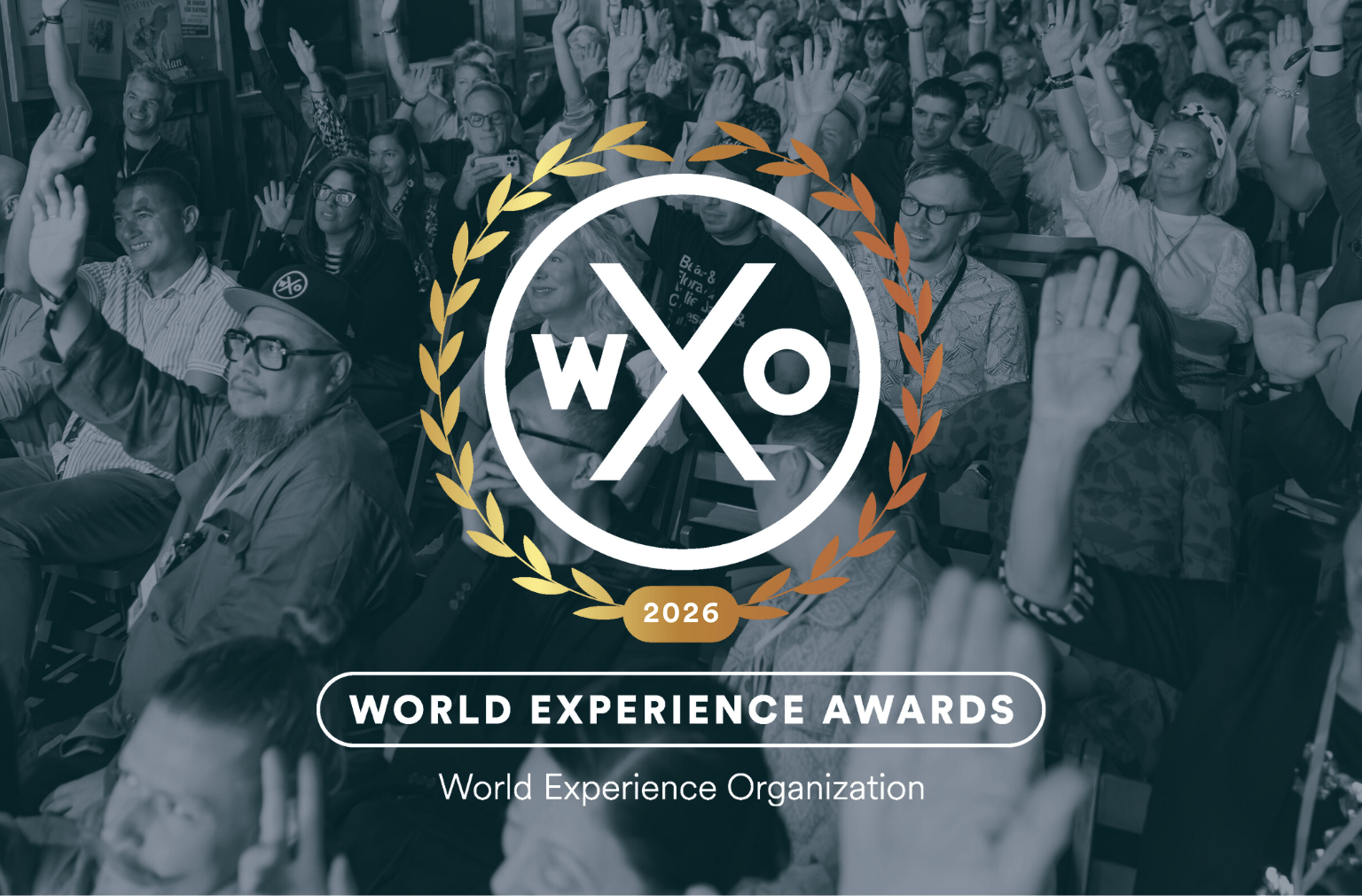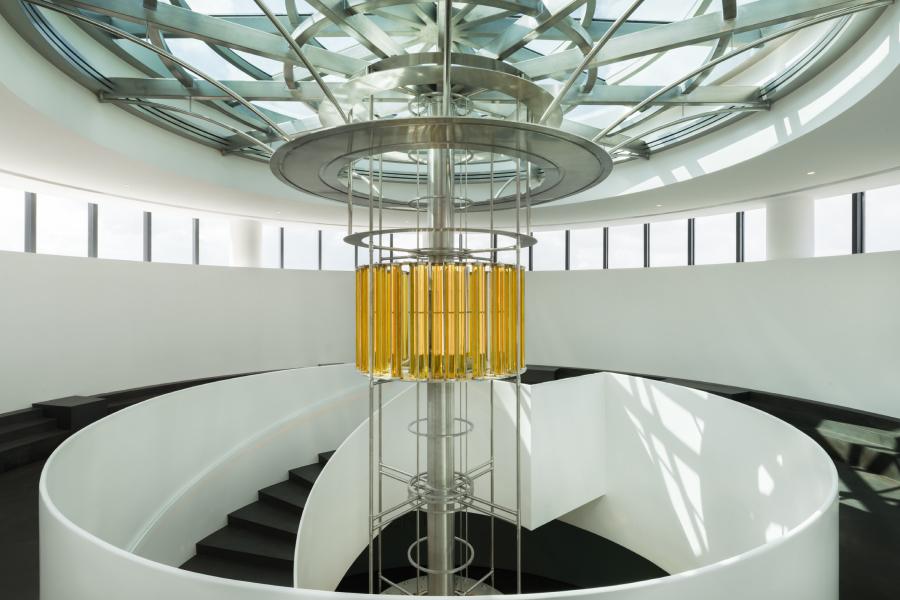Too often, people get confused about what the Experience Economy is. It’s become a buzzword, and so lots of people who don’t really understand the concept use the term, and often incorrectly. This article is intended to show one, simple way of showing what the Experience Economy is.
I think it’s useful to think of the Experience Economy as two things:
- Experiences In the Economy
- The Economy Of Experiences
#1 Experiences In The Economy

On one side of the Experience Economy coin is the realisation that experiences are now the best way for firms to compete. And that every consumer-facing industry now competes less through the commodities, goods or services they provide – and more through the experiences they stage.
This is the principal take-out from the theory of the Progression of Economic Value, the key concept in Joe Pine and Jim Gilmore’s seminal book, The Experience Economy.
You can see the rise of this side of the Experience Economy in sectors like:
- UX – user experience
- CX – customer experience
- EX – employee experience
Here’s a simple, and admittedly imperfect, way of visualizing this:

The other side of the Experience Economy coin is…
#2 The Economy Of Experiences

In the ‘economy of experiences’, people are spending more on experiences. Consider the rise of:
- cinema
- restaurants
- festivals
- immersive theatre
- sports events
- escape rooms
- immersive socialising
This is rising as people shift from being materialistic to being experientialist. Now they have enough stuff, they’re increasingly expecting to find happiness, staus and meaning in experiences. This theory – the rise of “experientialism” – was first developed in my book Stuffocation.
Here’s a simple, and also imperfect, way of visualizing this:

If you look closely, you’ll see there are overlaps. That’s because there are…
Experience Sectors With Feet In Both Camps?
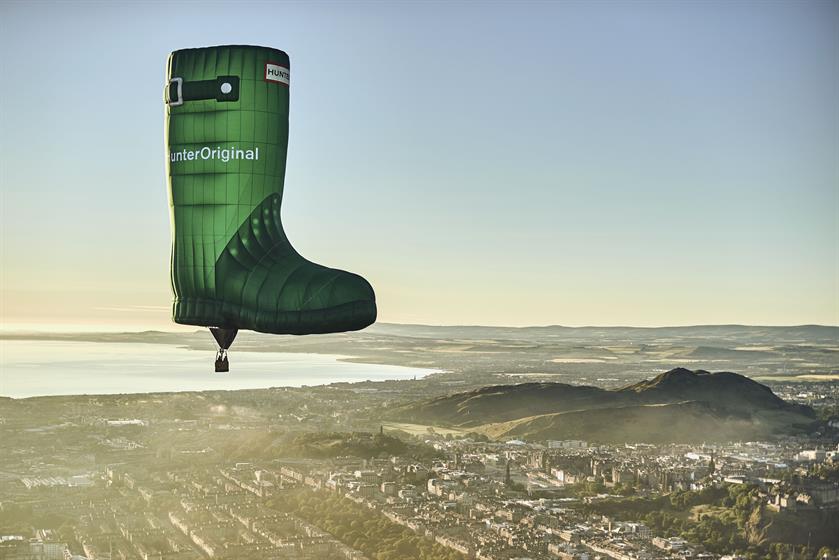
Some sectors have feet in both camps – like experiential marketing. This has a foot in the ‘Economy of Experiences’, because these experiences reflect the new truth that people are more experientialist. It’s other foot is in the ‘Experiences in the Economy’, as marketers recognise that a key way to engage with people is by staging experiences.
So, which of the two ‘families’ do you work in? Is your organization firmly in one, or both?
Or do you visualize the Experience Economy in another way?
We’d love to hear what you think. Send us your thoughts!

